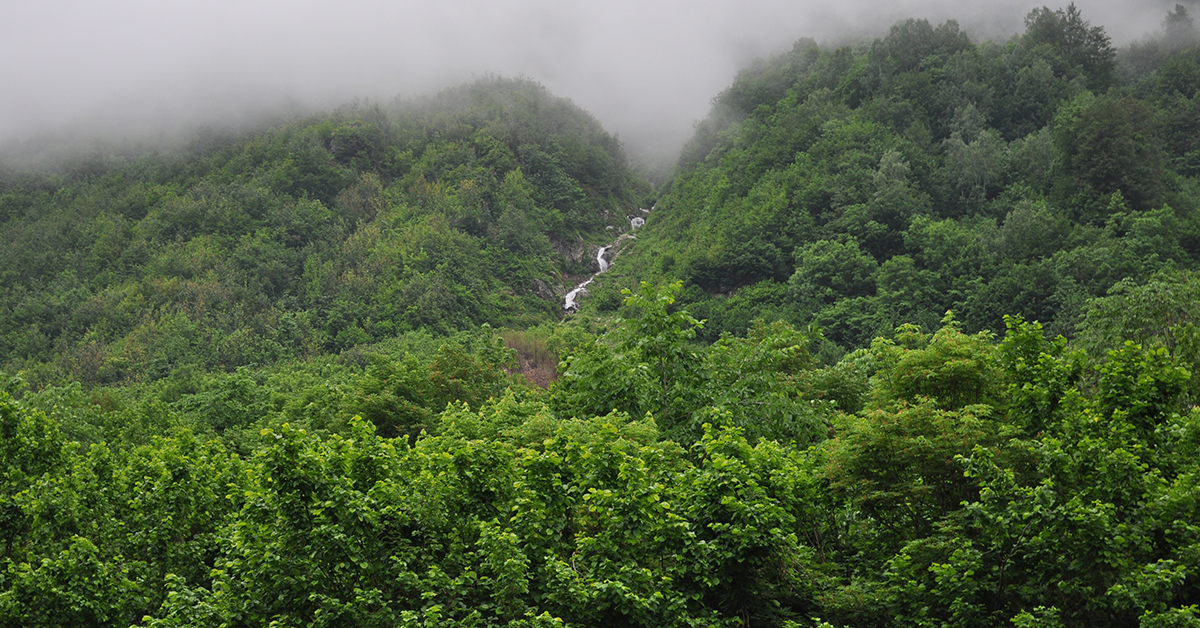Hydropower development in Georgia
a
Blessed with staggering mountains, Georgia has a largely unexploited hydropower potential (see quick facts) on which private investors, the Georgian government and international lenders have set their sight.
Experience and ongoing monitoring shows that while some hydropower projects would only bring marginal, if any, benefits for locals, the risks associated with them are largely being underestimated or ignored.
Read the briefing:
Hydropower in Georgia - Impacts on communities, the environment and the economy (pdf)
Large dams versus local communities
Khudoni
By far the most controversial hydropower project in Georgia is the Khudoni dam. It will interfere with a rich cultural heritage and 2000 people will have to be forcefully resettled.
At the same time the opaque ownership of the project company (registered in a tax haven) and its contractual obligations make the purported benefits of the 702 MW project doubtful.
Read more:
Detailed background, images and updates on the Khudoni hydropower plant.
Nenskra
Not far from the site for Khudoni, another controversial large dam project, the 280 MW Nenskra hydropower plant, is being planned. It is the most advanced of Georgia's massive plans for hydropower installations in the Upper Svaneti region. It will deprive the local community of ethnic Svans of lands and livelihoods, but potential negative impacts have not been properly assessed.
A cascade of projects
An interactive map of planned hydro installations in the Upper Svaneti region shows how dense and without strategic planning these investments have appeared.
Geological hazards in mountain areas

Also smaller projects like the Dariali (pdf) and the Shuakhevi (pdf) HPPs can pose substantial risks, even when no dams have to be built.
Apart from damaging the rivers' biodiversity, the projects are being constructed without proper assessment of the geological conditions. Two fatal landslides in the Dariali Gorge revealed the irresponsible decision-making by the investors and the Georgian government.
Read more
Second fatal landslide in Georgian Dariali valley
Blog post | August 22, 2014
Below: See an Al Jazeera report on Georgian hydropower constructions in seismically active areas.
Resettlement and lack of legal protection
Georgian communities that face hydropower projects have difficulties protecting their rights as affected stakeholders and landowners.
- Georgia’s legislation does not address the issue of involuntary resettlement caused by infrastructure projects.
- The Environmental Impact Assessment (EIA) system is ineffective in Georgia, both in terms of providing the public with information and opportunities for public participation (pdf).
- An unclear legal rights regime offers no or minimal protection for communities that make customary use of land that traditionally was in their hands. Unregistered land plots can literally be grabbed by investors for infrastructure projects.
In addition to the threat of losing their land or being resettled, farmers may have to face reduced access to water for irrigation or higher risk of flooding due to dam constructions. Both exposes them to an increased food insecurity.





Hydropower in Georgia - Quick facts
installed capacity:
3500 MW
(= 25% of available capacity - Source)
annual output:
appr. 8.5 TWh
share of domestic electricity needs:
85 percent (Source)
potential capacity:
estimated with 80 TWh (27 TWh economically viable)
Study: Off balance
Our study reviews the development of greenfield hydro projects in Georgia and explores how current energy sector trends in the country relate - or don't relate - to sustainable energy principles.






